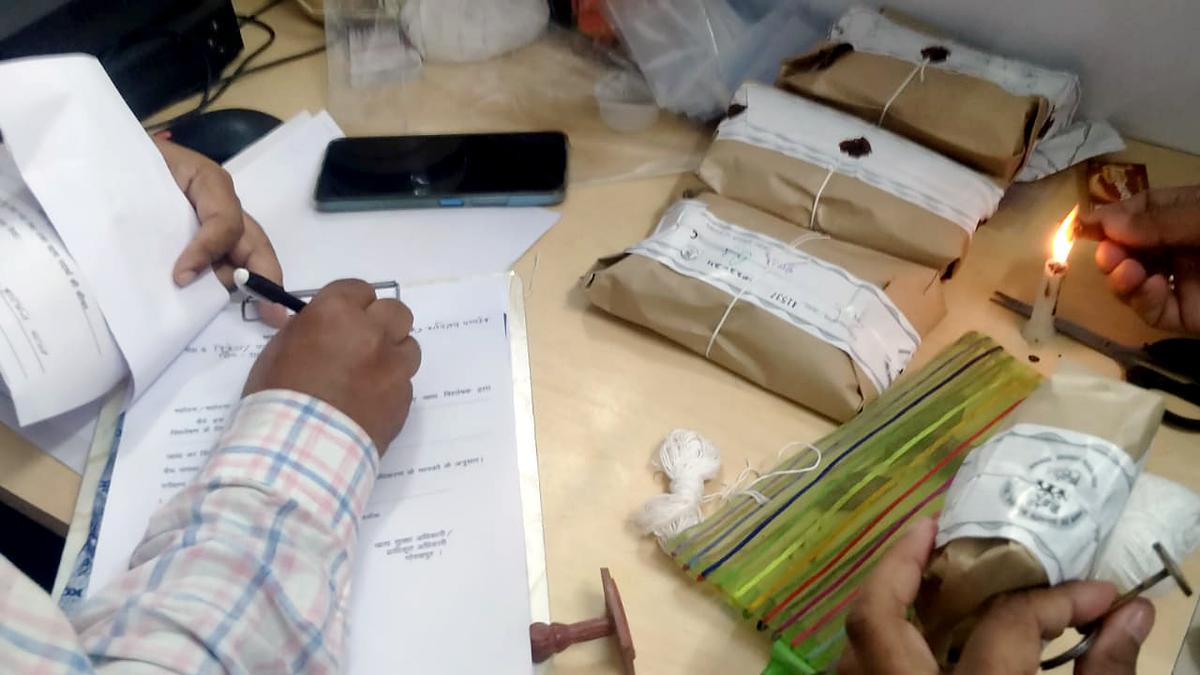
Halal certified products: Supreme Court issues notice on plea against ban by U.P. government
The Hindu
The Supreme Court sought a response from the Uttar Pradesh government on petitions challenging a notification banning halal-certified products in the State
The Supreme Court on January 5 sought a response from the Uttar Pradesh government on petitions challenging a notification banning halal-certified products in the State and the consequent prosecution of suppliers for promoting communal enmity.
In one of the petitions which came up for hearing before a Bench headed by Justice B.R. Gavai, Halal India Private Limited, an internationally recognised halal certification provider, said the FIR against it by the Uttar Pradesh Police claimed that “the sale of halal certified products fosters social animosity”.
Also read: What is behind the Halal certificate ban in U.P.? | Explained
The notification issued on November 18 by the Office of the Commissioner, Food Safety and Drug Administration, Uttar Pradesh, under the Food Safety and Standards Act of 2006 prohibits with immediate effect the manufacture, storage, sale, and distribution of food products with halal certification within the State, except for items produced for export.
The notification said halal certification mentioned on certain food products and other items like soap, oil, facial creams, toothpastes, etc., has created a sense of confusion regarding their quality. It said such “parallel” mode of certification was inconsistent with the 2006 Act, and should be only by the competent authority under the law.
“However, there is no such certifying authority… It is therefore only apparent that the restriction imposed by the notification is only an attack on the followers of Islam religion, which provides certain criterions of products that is permitted to be used by its followers,” Halal India, represented by advocate Ejaz Maqbool, argued.
The petition said the criminal action taken against the company on the ground that it was issuing forged halal certificates for financial gains in violation of public trust was both false and baseless.











